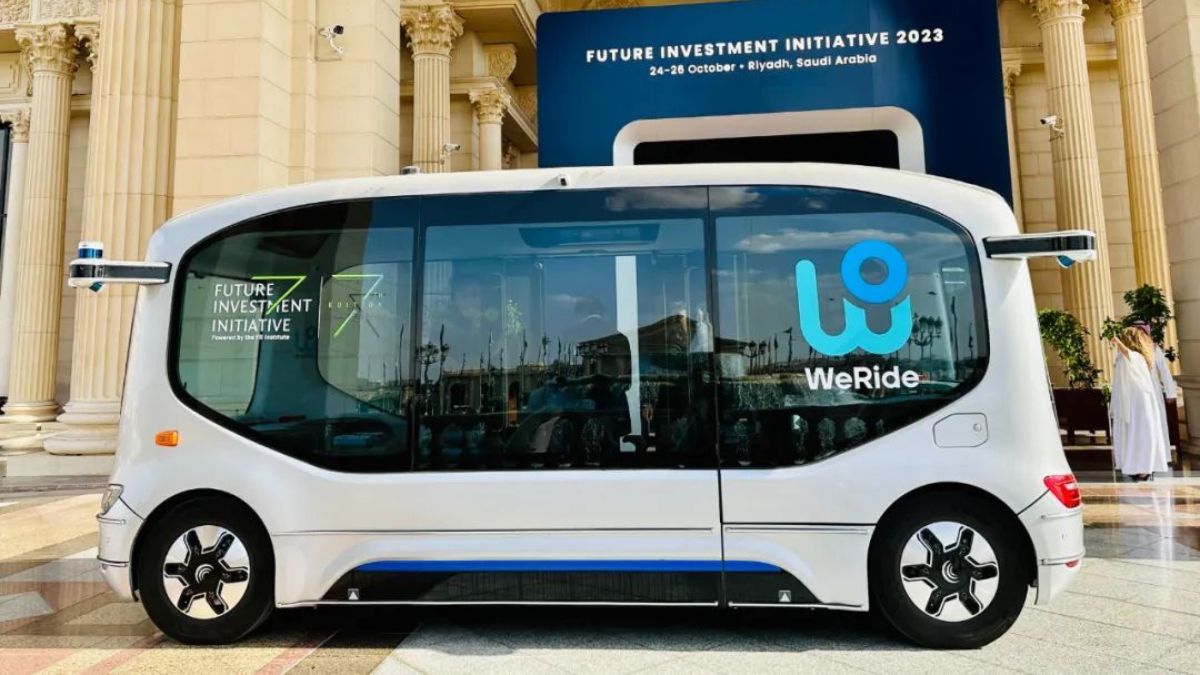WeRide, a prominent self-driving technology firm, is rapidly expanding its global presence as artificial intelligence (AI) gains traction in the transportation industry.
Sebastian Yee, Singapore’s director of business development at WeRide, highlighted the acceleration in logistics delivery and waste transport sectors, attributing it to advancements in AI. The company has recently initiated safety testing for its “Robosweepers” in Singapore, following successful rollouts in various Chinese cities. These autonomous vehicles are designed for sanitation tasks such as road sweeping, water spraying, and disinfection, and can navigate obstacles and detect road conditions.
In June, WeRide also introduced an autonomous public shuttle bus service with a safety driver at Resorts World Sentosa, a resort island near Singapore. The company, founded in Silicon Valley in 2017, began offering a robotaxi service in Guangzhou, China, in 2019. It has since attracted strategic investments from global automotive giants like Renault-Nissan-Mitsubishi and GAC Group.
WeRide is distinguished by holding autonomous driving permits in the U.S., China, UAE, and Singapore, positioning itself as a truly international player in the field. The company is now looking to enter markets in Japan and Europe, with recent participation at the French Open marking its initial step into Europe.
On Friday, WeRide filed for an initial public offering (IPO) on Nasdaq, potentially marking the largest U.S. listing by a Chinese company since Didi’s IPO in 2021. The firm, incorporated in the Cayman Islands, has acknowledged potential legal and operational risks associated with its primary operations in mainland China.
Yee emphasized the importance of regulatory support and commercial sense in fostering autonomous vehicle technology, noting that both Singapore and the UAE are receptive to such innovations. Singapore, in particular, has been active in AV trials, with initiatives like Changi Airport’s self-driving bus trial aimed at enhancing productivity.
The development of autonomous vehicles is also seen as a solution to workforce constraints in aging populations, such as those in Japan and Singapore. Meanwhile, U.S. companies like Tesla and Waymo continue to make strides in AV technology, with the Chinese government recently granting testing approvals to several domestic automakers, including BYD and Nio. Tesla CEO Elon Musk is seeking regulatory approval for Full-Self Driving technology in China by the end of the year.


